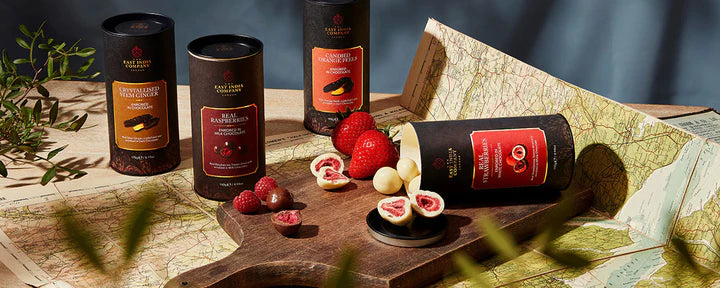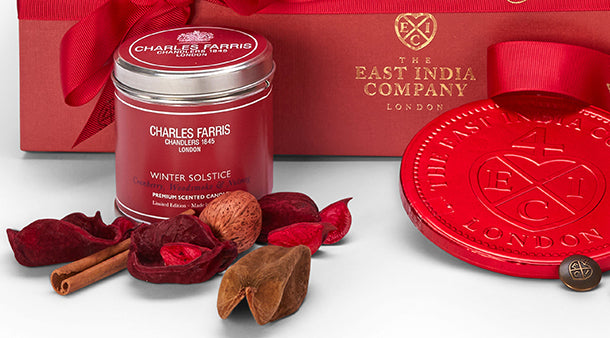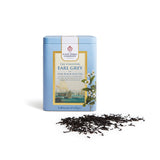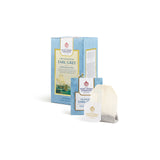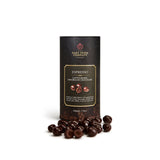Stories
The Tisane - or Herbal ‘Tea’
A more accurate description is ‘tisane’. It’s a catch all term - it simply means a drink made by infusing herbs, spices or other plants in hot water. The origin of the word is routed in the preparation - the word tisane in fact dates back to first use in 14th century Anglo-French, derived from Latin 'ptisana' and from Greek ‘ptisane’, meaning crushed barley – from ‘ptissein’, or crush. The barley would have been crushed in a mortar and pestle and then infused in water.
Today, tisane is the common descriptor for herbal and medicinal infusions in many countries. But the practice of creating tisanes for therapeutic or medicinal benefits dates back centuries to ancient Indian Ayurvedic, Egyptian and Chinese practices.
The Chinese were the first to use ginger medicinally, possibly 5000 years ago, before it spread from southern China to the Spice Islands - the modern day Maluku Islands in Indonesia, made famous in the 1600s by The East India Company trading pioneers - and beyond.
And it was the ancient Egyptians who likely first used Chamomile to help sleep and even prevent colds. [Our whole chamomile flowers come from Egypt, still the best.]
Today tisanes including chamomile, peppermint, ginger and now ‘newer’ discoveries like rooibos [an African caffeine-free plant] and the moringa plant from Africa are consumed by hundreds of millions around the world daily. Whilst the great taste [of most] is undisputed, actual scientific evidence of the benefits of tisanes or infusions of the multitude of herbs, roots and spices is still surprisingly scant. Billions of people over centuries surely can’t be wrong?
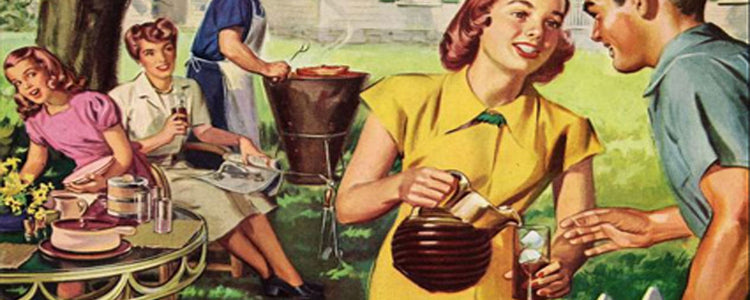
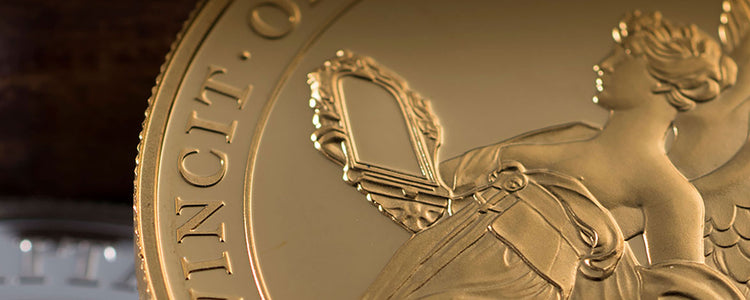
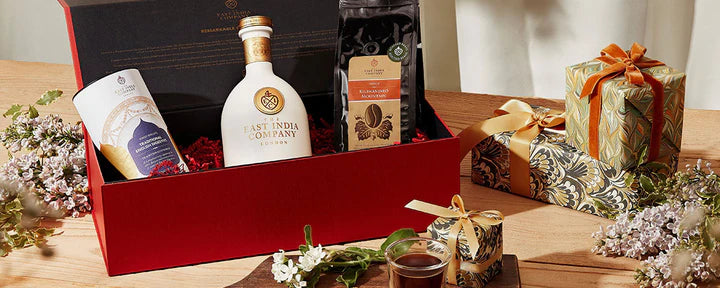

 Ceylon / Sri Lanka
Ceylon / Sri Lanka Assam, India
Assam, India Japan
Japan Taiwan
Taiwan Nepal
Nepal China
China Kenya
Kenya Egypt
Egypt Iran
Iran South Africa
South Africa